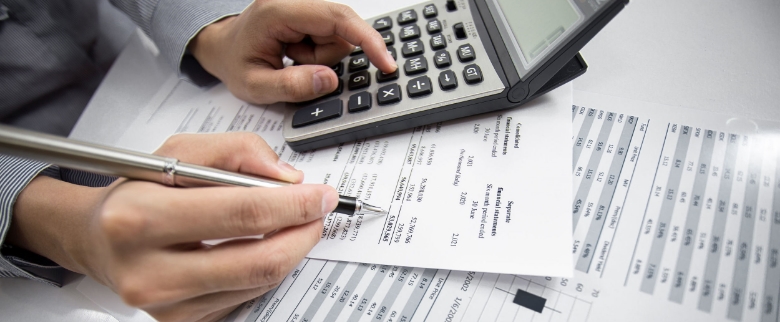Tax day is almost here, and we're getting a lot of questions from clients about how to report property exchanges to the IRS. This article focuses on the topic of S-Corp property exchanges and IRS reporting requirements.
When an S-Corp Exchanges Property
When an S-Corp exchanges a property do the shareholders report the exchange via Form 8824 on their own 1040? If so, should each shareholder receive the relevant transaction info (acquisition/disposition dates, share of gross sales price etc., etc.) with their Schedule K-1?
Answers from the IRS
To answer questions like these, it's always best practice to go right to the IRS for answers. This link to the IRS website offers some insight to the question. Here are some relevant excerpts so you don't have to read through the entire article:
"Partners and S corporation shareholders. If you received a Schedule K-1 from a partnership or S corporation reporting the sale, exchange, or other disposition of property for which a section 179 expense deduction was previously claimed and passed through to its partners or shareholders, you must report your share of the transaction on Form 4797, 4684, 6252, or 8824 (whether or not you were a partner or shareholder at the time the section 179 deduction was claimed)."
"If the disposition was a disposition of property given up in an exchange involving like-kind property made during the partnership's or S corporation's tax year, any information you need to complete Form 8824."
"Partnerships (other than electing large partnerships) and S corporations do not report these transactions on Forms 4797, 4684, 6252, or 8824. Instead, they provide their partners and shareholders the information they need to report the transactions."
1031 exchanges can complicate your annual tax reporting, but it's important to be proactive and accurately report your exchange to ensure its success.
Start Your Exchange: If you have questions about 1031 exchange tax reporting requirements, or anything regarding 1031, feel free to call me at 612-643-1031.
Defer the tax. Maximize your gain.
© 2017 Copyright Jeffrey R. Peterson All Rights Reserved





